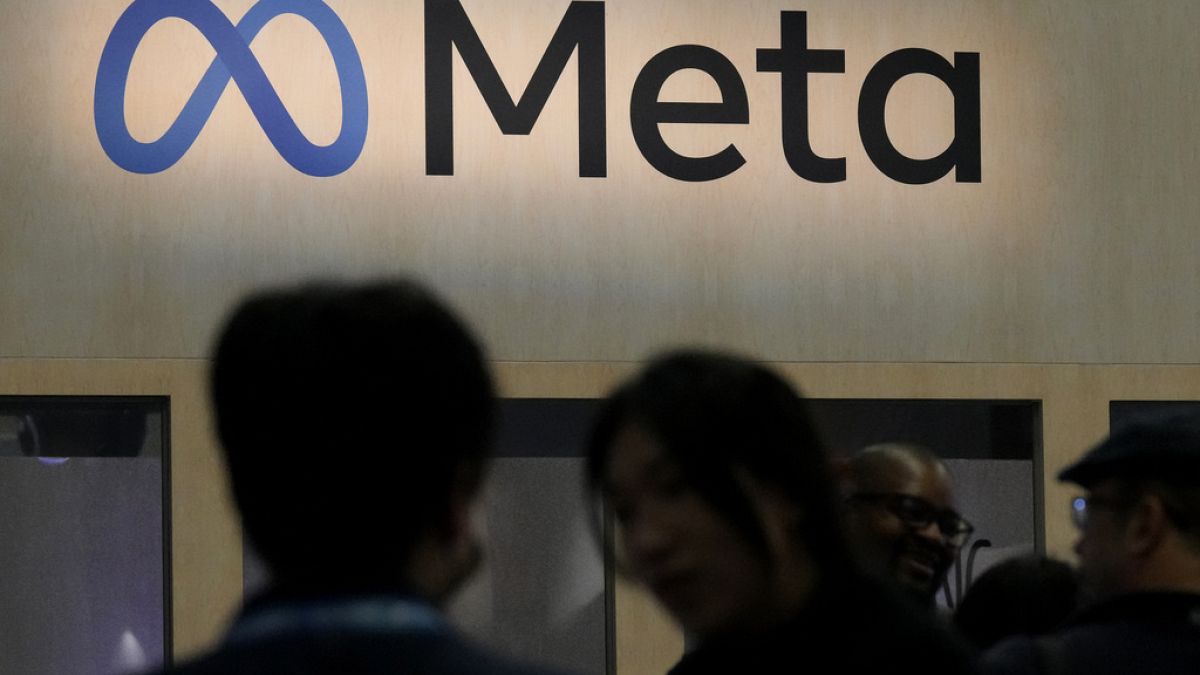Tech
Why TikTok is Central to the US-China Tech Dispute

The ongoing legal battle over TikTok’s presence in the U.S. reflects not only concerns over data security but also a larger struggle for technological dominance and ideological influence.
The Geopolitical Context: US-China Tensions
For years, the US and China have been embroiled in a rivalry that spans trade, military strategy, and technological innovation. As the two largest economies in the world, their competition has intensified in the digital realm, where technological advancements have become critical to economic and national security. TikTok, with its billion-strong user base and ability to influence culture and communication, has emerged as a focal point in this clash.
The U.S. government has cited concerns over TikTok’s data collection practices and its potential to share information with the Chinese government as reasons for its scrutiny. These allegations, rooted in China’s 2017 National Intelligence Law, which compels Chinese companies to cooperate with state intelligence efforts, have raised fears of surveillance and espionage. TikTok, for its part, has repeatedly denied these claims, emphasizing that its data is stored in the U.S. and Singapore and that it operates independently of ByteDance’s Chinese operations.
National Security or Economic Strategy?
While national security is the stated justification for the U.S. government’s actions against TikTok, critics argue that economic considerations also play a significant role. China’s rapid rise as a technological superpower has unsettled the U.S., which has long held a dominant position in the global tech industry. Companies like Huawei, Tencent, and ByteDance represent China’s growing influence in a sector that the U.S. considers vital to its national interests.
By targeting TikTok, the U.S. is not only addressing perceived security risks but also attempting to curb China’s technological ascent. The platform’s success in capturing younger audiences worldwide, including in the U.S., has highlighted its potential to challenge American tech giants like Meta and Google. A ban on TikTok or a forced sale of its U.S. operations would weaken ByteDance and, by extension, China’s standing in the global tech ecosystem.
The Role of Soft Power and Cultural Influence
Beyond economics, the TikTok saga underscores the battle for soft power between the U.S. and China. Social media platforms like TikTok wield significant cultural influence, shaping trends, public opinion, and even political discourse. For a country like China, which has long sought to improve its global image, TikTok offers a unique avenue to project its cultural and technological prowess.
However, this very influence is what alarms policymakers in Washington. TikTok’s algorithm, which determines what content users see, has been criticized for its opacity. There are concerns that it could be manipulated to promote pro-China narratives or suppress content critical of the Chinese government. While there is no concrete evidence to support these claims, the mere possibility has fueled calls for stricter regulation or an outright ban.
Legal and Diplomatic Implications
The legal battle over TikTok also carries significant diplomatic implications. A U.S. decision to ban the platform could set a precedent for other countries to follow suit, further isolating Chinese tech firms from global markets. This would be a blow to China’s ambitions of becoming a leader in artificial intelligence and digital innovation.
At the same time, such actions risk retaliation from Beijing. China has already accused the U.S. of weaponizing national security concerns to stifle competition, calling the scrutiny of TikTok “economic bullying.” If the U.S. moves forward with restrictive measures, it could provoke countermeasures, such as tighter regulations on American companies operating in China or restrictions on the export of rare earth materials crucial to U.S. tech production.
The Bigger Picture: A New Tech Cold War
The TikTok case is emblematic of a broader trend that some have described as a “Tech Cold War” between the U.S. and China. Unlike the Cold War of the 20th century, which was defined by military standoffs and ideological battles, this new conflict centers on control of critical technologies like artificial intelligence, 5G, and quantum computing.
Both nations recognize that leadership in these areas will determine not only economic supremacy but also geopolitical influence in the decades to come. TikTok’s success in dominating the global social media landscape has made it a target in this competition, representing the stakes of technological rivalry in an interconnected world.
What’s at Stake for TikTok?

For TikTok, the stakes are immense. The platform’s survival in the U.S. market is crucial not only for its financial health but also for its reputation as a global player. A ban or forced divestment would undermine its business model and erode user trust, potentially driving creators and advertisers to competing platforms.
Moreover, the case has broader implications for the future of foreign-owned tech companies in the U.S. If TikTok is successfully banned or forced to sell its U.S. operations, it could discourage other international firms from entering the American market, fearing similar treatment. This could lead to a more fragmented digital landscape, with separate ecosystems for U.S. and Chinese tech companies—a scenario reminiscent of the Cold War-era division of global economies.
How the Outcome Could Shape U.S.-China Relations

The resolution of the TikTok case will undoubtedly impact U.S.-China relations. A decision to ban the platform or impose severe restrictions could escalate tensions, making it harder for the two nations to cooperate on other critical issues, such as climate change, global health, and economic stability.
Conversely, a compromise—such as stricter data oversight or a deal to restructure TikTok’s ownership—could provide a template for managing similar disputes in the future. It could signal a willingness on both sides to balance security concerns with economic interests, potentially easing tensions in the broader tech rivalry.
Conclusion: A Defining Moment in Tech Governance
As the legal battle over TikTok unfolds, it serves as a microcosm of the larger challenges facing the global tech industry. The case raises fundamental questions about how nations can navigate the intersection of technology, security, and geopolitics in an increasingly interconnected world.
For the U.S., the outcome will define its approach to regulating foreign tech companies and safeguarding national security without stifling innovation or isolating itself from global markets. For China, it will test its ability to compete on the world stage while navigating growing resistance to its influence.
Ultimately, the TikTok saga is not just about one app or one company. It’s about the future of technology and power in a world where digital platforms are as influential as nations themselves. The decisions made in this case will shape the trajectory of U.S.-China relations and the global tech landscape for years to come.








